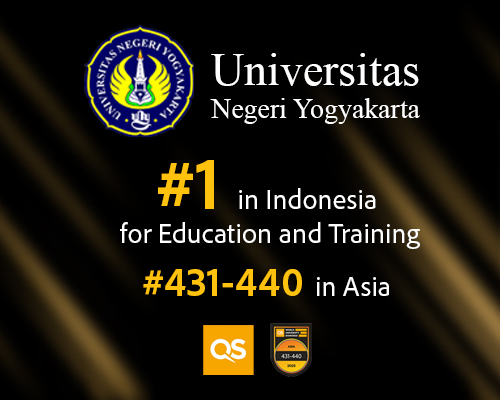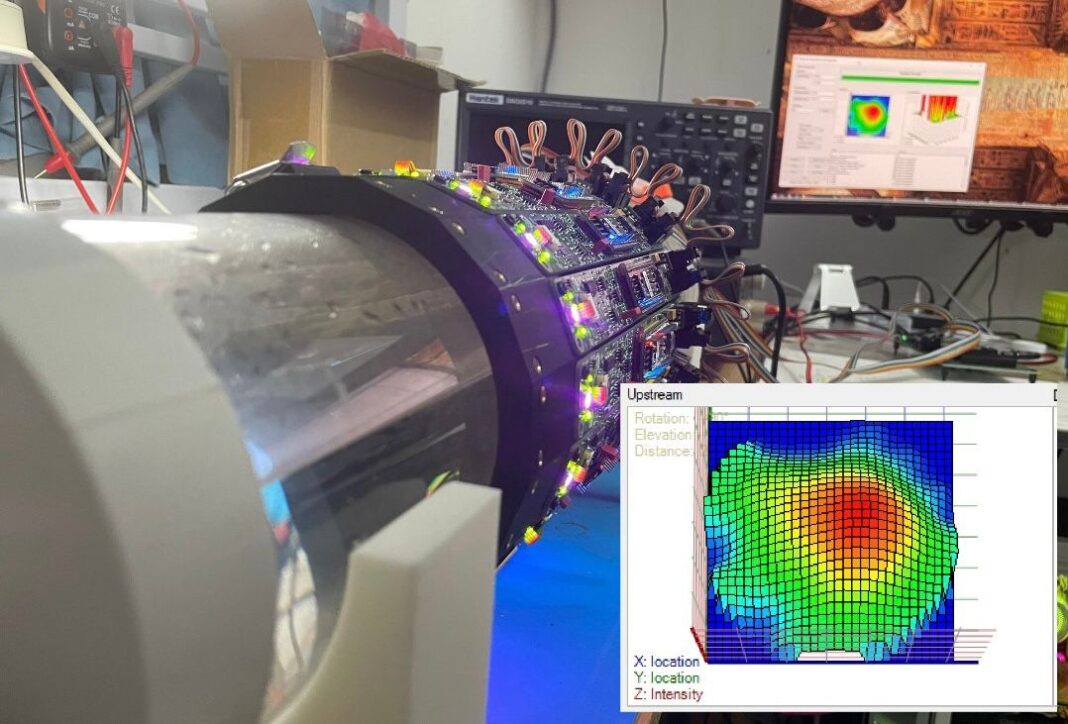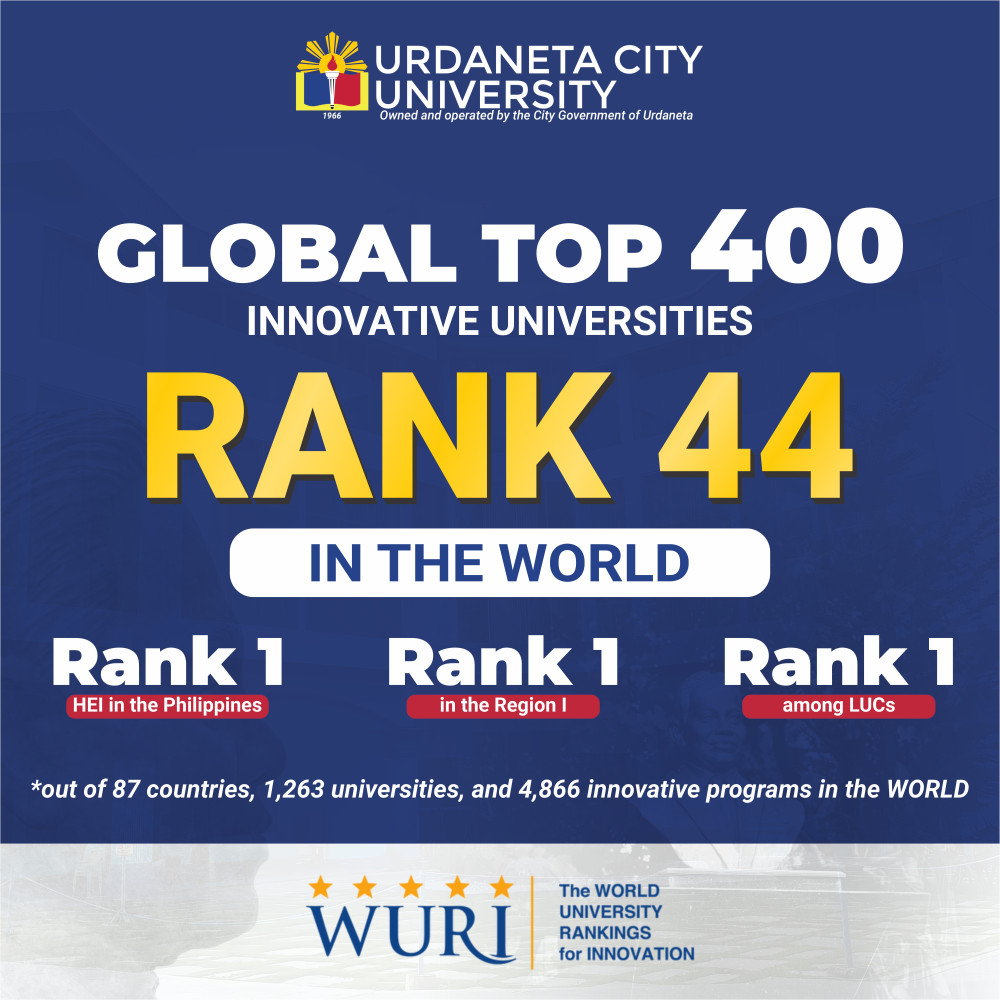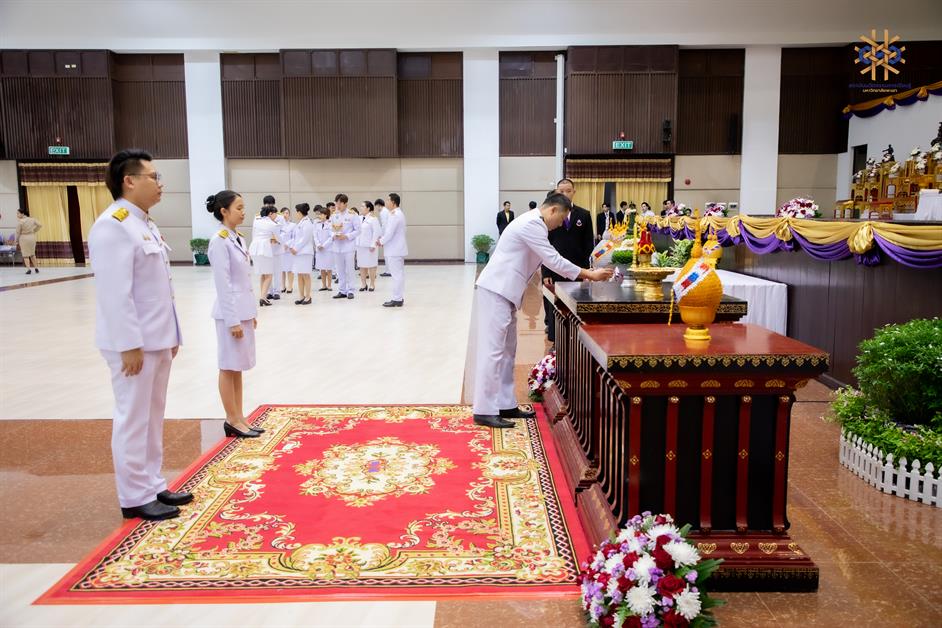Have you ever wondered how Malaysia plans to transform from a technology adopter into a technology creator? As the nation races toward becoming ASEAN’s technology hub by 2030, one critical element stands between ambition and achievement: developing skilled professionals in AI instrumentation and smart systems.
AI Instrumentation: The New Pulse of TVET for Future Industries
Malaysia currently finds itself at a critical juncture, accelerating the development of technology and talent in artificial intelligence (AI) and smart instrumentation systems. This push aligns with the country’s aspirations to become an ASEAN technology hub by 2030. Meanwhile, the convergence of AI and smart instrumentation systems—integrating sensors, data processors, real-time communication, and AI—increasingly forms the backbone of modern industrial operations across energy, healthcare, manufacturing, agriculture, and logistics sectors.
As a result, the urgent need to produce experts in this field has never been more pressing.
AI Instrumentation Drives National Technology Revolution
According to a World Economic Forum report (2020), by 2025, more than 50% of global work structures are expected to be influenced by AI and automation. Through its Fourth Industrial Revolution (4IR) Policy and MyDIGITAL Plan, Malaysia has positioned AI and smart technology as future economic growth drivers.
However, the main gap identified is the shortage of highly skilled workers in smart instrumentation and AI-based control systems. Referring to reports from TalentCorp and Bank Negara, several specialization fields list AI, automation, and engineering as critical areas requiring higher education and TVET intervention. This opens opportunities for higher education institutions and TVET to play strategic roles in producing competent and globally competitive skilled workers in this field.
AI Applications in Industry: A Necessity, Not a Choice
The integration of AI instrumentation across industries has evolved from optional enhancement to operational necessity. For example, these applications demonstrate the transformative power of smart systems:
- Real-time Monitoring: In the energy industry, AI systems can detect temperature and pressure instantly, enabling early intervention to prevent critical damage.
- Predictive Maintenance: AI analyzes sensor data to predict machine failures, preventing downtime and saving costs.
- Automatic Quality Control: AI monitors parameters like temperature or pressure during production to ensure product standards are met.
- Worker Safety: Smart sensors are used in hazardous environments to detect toxic gases or extreme temperatures, then trigger automatic warnings.
- Inventory and Supply Chain Management: The combination of RFID and AI enables real-time stock management, improving logistics and distribution efficiency.
This combination not only accelerates automation processes but also enhances innovation, safety, and operational effectiveness across all major sectors of the country.
Higher Education and TVET as National Expertise Catalysts
Higher education institutions, particularly those under the Malaysia Technical University Network (MTUN), have proactively emerged to strengthen talent development and expertise in smart instrumentation and artificial intelligence. Various academic and research initiatives have been implemented, including Bachelor of Electrical Engineering (Instrumentation and Control) programs, Bachelor of Information Technology (Artificial Intelligence) programs, short courses and micro-credentials in artificial intelligence and machine learning, Master’s programs in Internet of Things (IoT), and industry-based research in smart tomography systems, integrated gas monitoring, and modern agriculture based on smart technology.
Through the Faculty of Engineering and Faculty of Engineering Technology, these technical universities are also actively conducting high-impact research spanning various sectors, including industry, sustainable agriculture, and rural community welfare. These initiatives align with national aspirations through the Malaysia MADANI framework and Environmental, Social and Governance (ESG) principles, emphasizing balanced economic development with environmental sustainability and social welfare.
Strategic Collaboration: Key to Ecosystem Success
To ensure the continuity and effectiveness of this system, close cooperation between universities, TVET agencies, industry, and government must be strengthened. This includes industry training and joint industry certification, AI projects based on real industry needs, and Double-Degree programs such as 2U2i, 3U1i, and Work Based Learning (WBL) for skilled TVET personnel. Such models need to be intensified so that Malaysia’s skilled workers can not only operate technology but also become creators and solvers of complex technological problems.
Moreover, these collaborative efforts must extend beyond traditional boundaries. For instance, advanced TVET programs in Industry 4.0 are already showing promising results in bridging the skills gap between academic learning and industry requirements.
Becoming ASEAN’s Technology Hub
Malaysia’s aspiration to become ASEAN’s technology hub is no longer just a dream. With targeted investments in R&D, education, and talent development, the country can leap forward to become a creator of AI technology itself, not just a user. AI instruments and smart systems play a role not only in empowering industrial operations but also in building the nation’s digital sovereignty in facing an increasingly challenging global economy.
In conclusion, now is the right time to accelerate efforts to produce AI and smart instrumentation experts through responsive, adaptive, and highly innovative higher education and TVET systems supporting the 4IR policy narrative and Malaysia’s strategic direction in industrial technology and AI development. Malaysia must act quickly and boldly. Only by producing local technology experts can we steer global technological currents with our own identity and capabilities.
“Malaysia mesti bertindak pantas dan berani. Hanya dengan melahirkan pakar teknologi buatan tempatan, kita mampu mengemudi arus teknologi global dengan identiti dan keupayaan tersendiri.” – Professor Dr. Elmy Johana Mohamad, Universiti Tun Hussein Onn Malaysia (UTHM)
The path forward requires unwavering commitment to developing indigenous expertise in AI instrumentation. As industries across Malaysia increasingly depend on smart systems for competitive advantage, the time to invest in comprehensive TVET programs and higher education initiatives is now.





